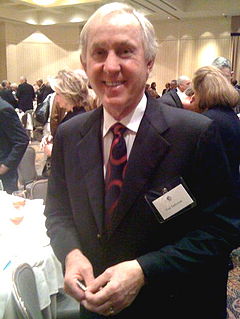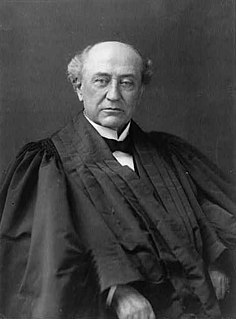A Quote by Myles Munroe
The Bible is really not a religious book but a divine manual written by the manufacturer of humanity by which the product man is supposed to live. If we learn those principles and obey them, then we find that the process of failure to success becomes more inevitability than experiment.
Related Quotes
Failure of success is not race-related; it's not socioeconomics-related; it is really predictable, based on principles that are laid down by God the Creator by which we are supposed to function. If we find them and obey them, success becomes inevitable. That's why I was able to move from rats to 40,000 feet in the air in my own aircraft.
The process of writing a book is infinitely more important than the book that is completed as a result of the writing, let alone the success or failure that book may have after it is written . . . the book is merely a symbol of the writing. In writing the book, I am living. I am growing. I am tapping myself. I am changing. The process is the product.
I let go of the notion that the Bible is a divine product. I learned that it is a human cultural product, the product of two ancient communities, biblical Israel and early Christianity. As such, it contained their understandings and affirmations, not statements coming directly or somewhat directly from God. . . . I realized that whatever "divine revelation" and the "inspiration of the Bible" meant (if they meant anything), they did not mean that the Bible was a divine product with divine authority.
When we go to the Bible we should keep in mind that the basic principles of the Bible are taught by God, but written down by human beings deprived of modern day knowledge. So there is some fallibility in the writings of the Bible. But the basic principles are applicable to my life and I don't find any conflict among them.
If success were easy, then it would not necessarily be true success. Some of history's most successful people learned to cope with failure as a natural offshoot of the experimental and creative process and often learned more from their failures than their successes. By taking the attitude that failure is merely a detour on the way to our destination, hope can blossom into success.
Calvinism emphasizes divine sovereignty and free grace; Arminianism emphasizes human responsibility. The one restricts the saving grace to the elect; the other extends it to all men on the condition of faith. Both are right in what they assert; both are wrong in what they deny. If one important truth is pressed to the exclusion of another truth of equal importance, it becomes an error, and loses its hold upon the conscience. The Bible gives us a theology which is more human than Calvinism and more divine than Arminianism, and more Christian than either of them.
I can't really sit around and talk with people who believe that the Bible is the way it happened, because that's man-made. I'm a writer, too; that's how I look at the Bible. Like, 'I could've written a better version than that,' you know? At least a more interesting one, and then maybe more people would go to church. I could definitely do a revamp.
Nothing fails like success, because we do not learn anything from it. We only learn from failure, but we do not always learn the right things from failure. If there is a failure of expectations, that is, if the messages that we receive are not the same as those we expected, we can make three possible inferences.
The Bible’s purpose is not so much to show you how to live a good life. The Bible’s purpose is to show you how God’s grace breaks into your life against your will and saves you from the sin and brokenness otherwise you would never be able to overcome… religion is ‘if you obey, then you will be accepted’. But the Gospel is, ‘if you are absolutely accepted, and sure you’re accepted, only then will you ever begin to obey’. Those are two utterly different things. Every page of the Bible shows the difference.
This book [the Bible] speaks both the voice of God and the voice of humanity, for there is told in it the most convincing of human experience that has ever been written...and those who heed that story will know their strength and happiness and success are all summed up in the exhortation, "Fear God and keep His commandments."
No nation is better than its sacred book. In that book are expressed its highest ideals of life, and no nation rises above those ideals. No nation has a sacred book to be compared with ours. This American nation from its first settlement at Jamestown to the present hour is based upon and permeated by the principles of the Bible. The more this Bible enters into our national life the grander and purer and better will that life become.




































